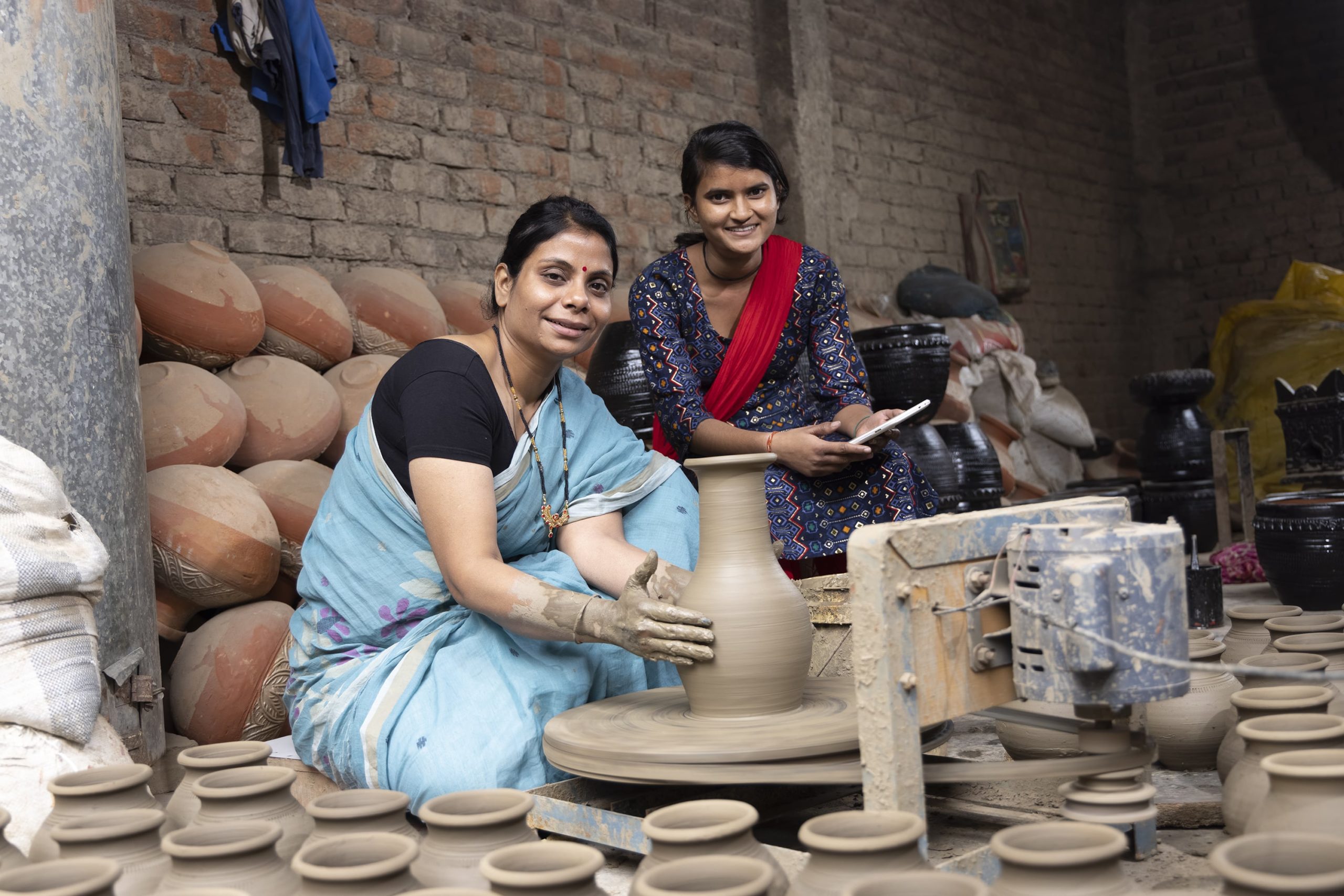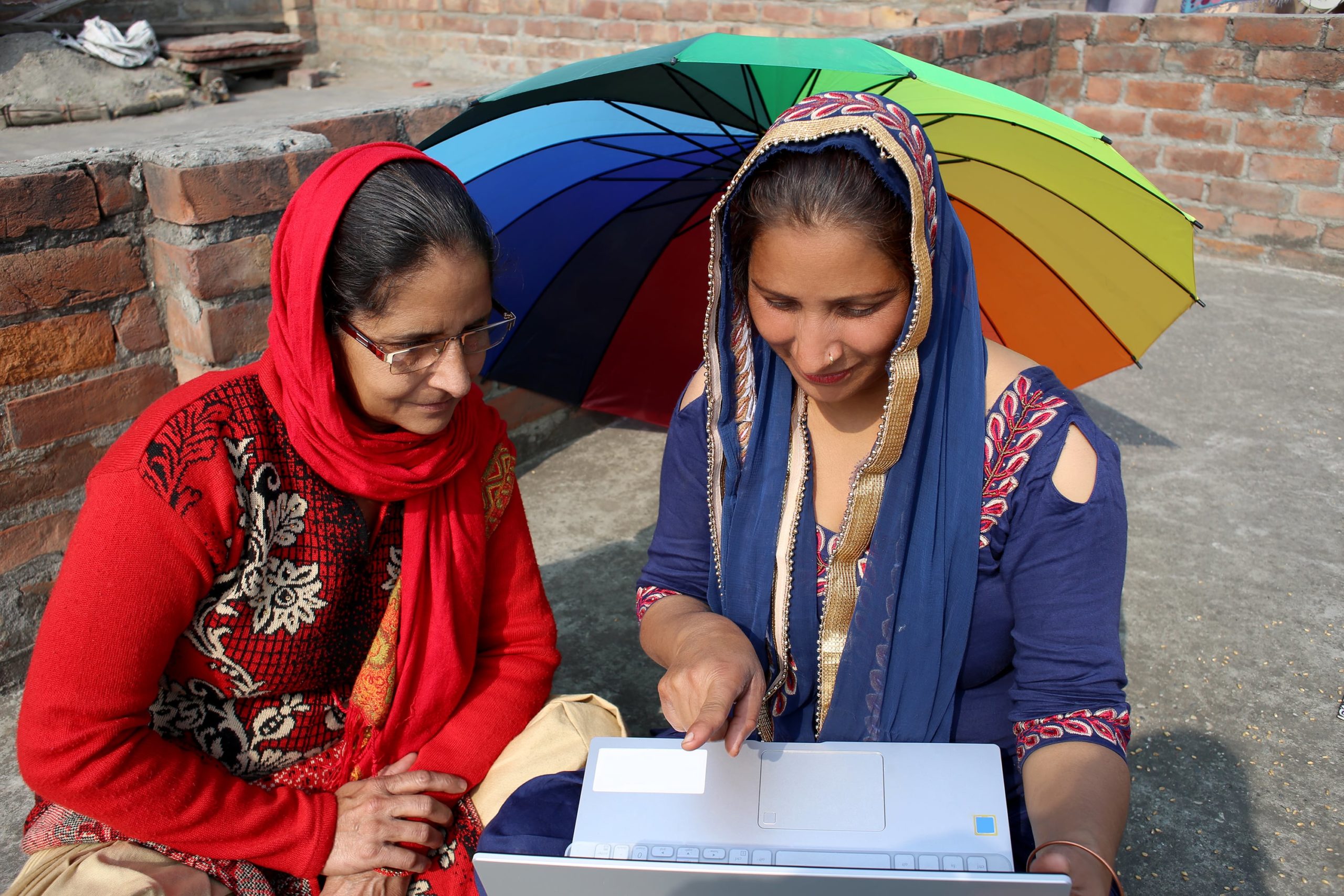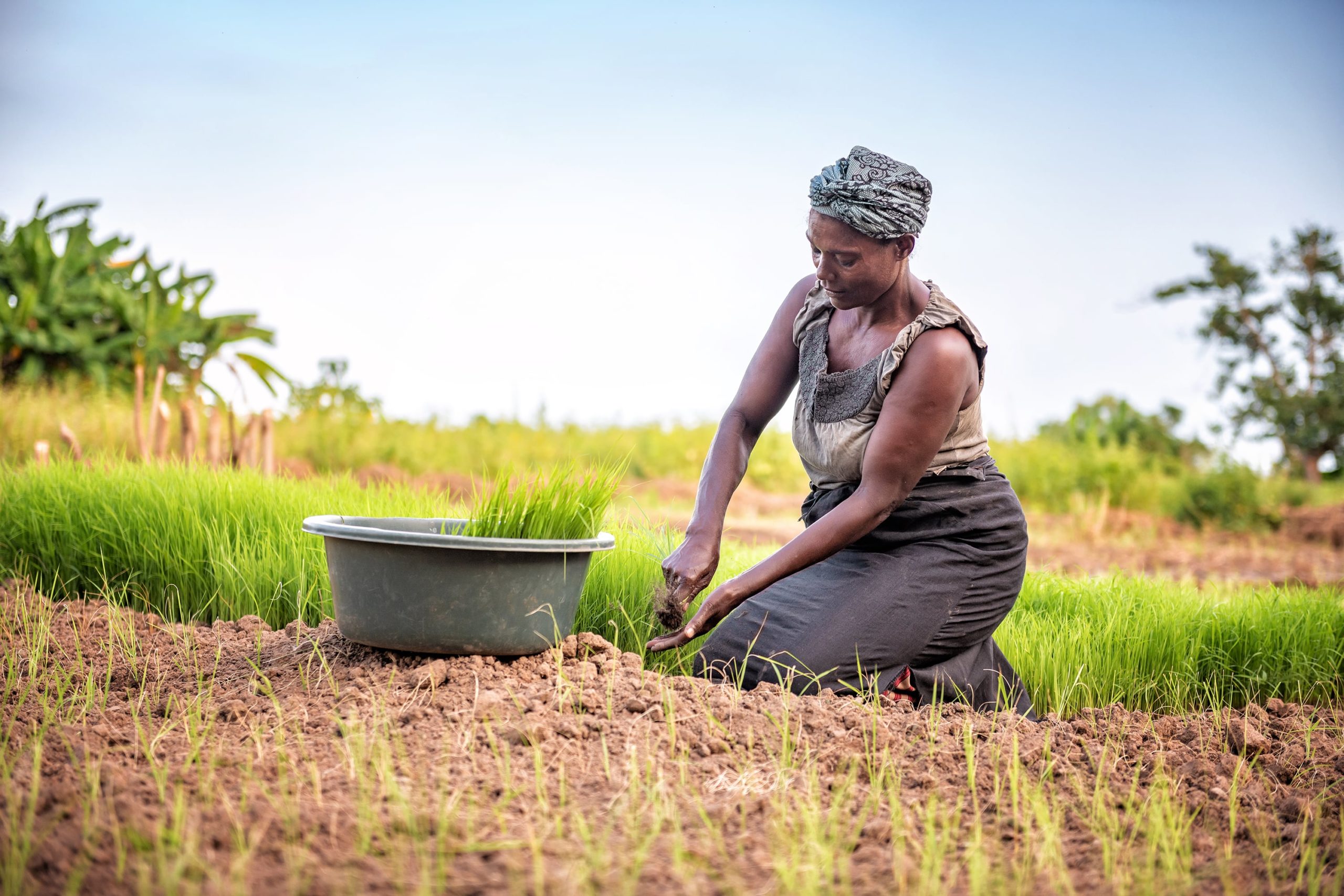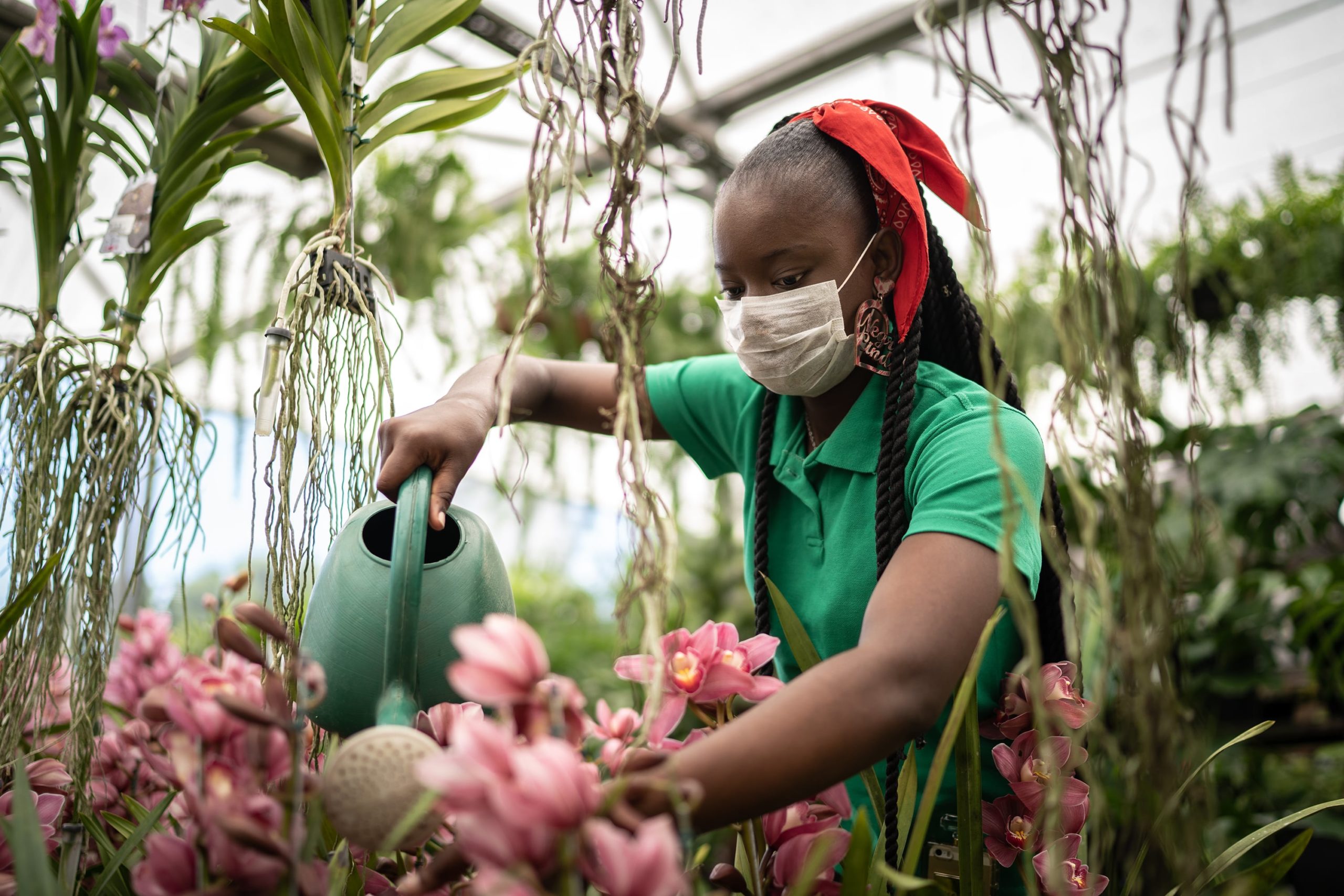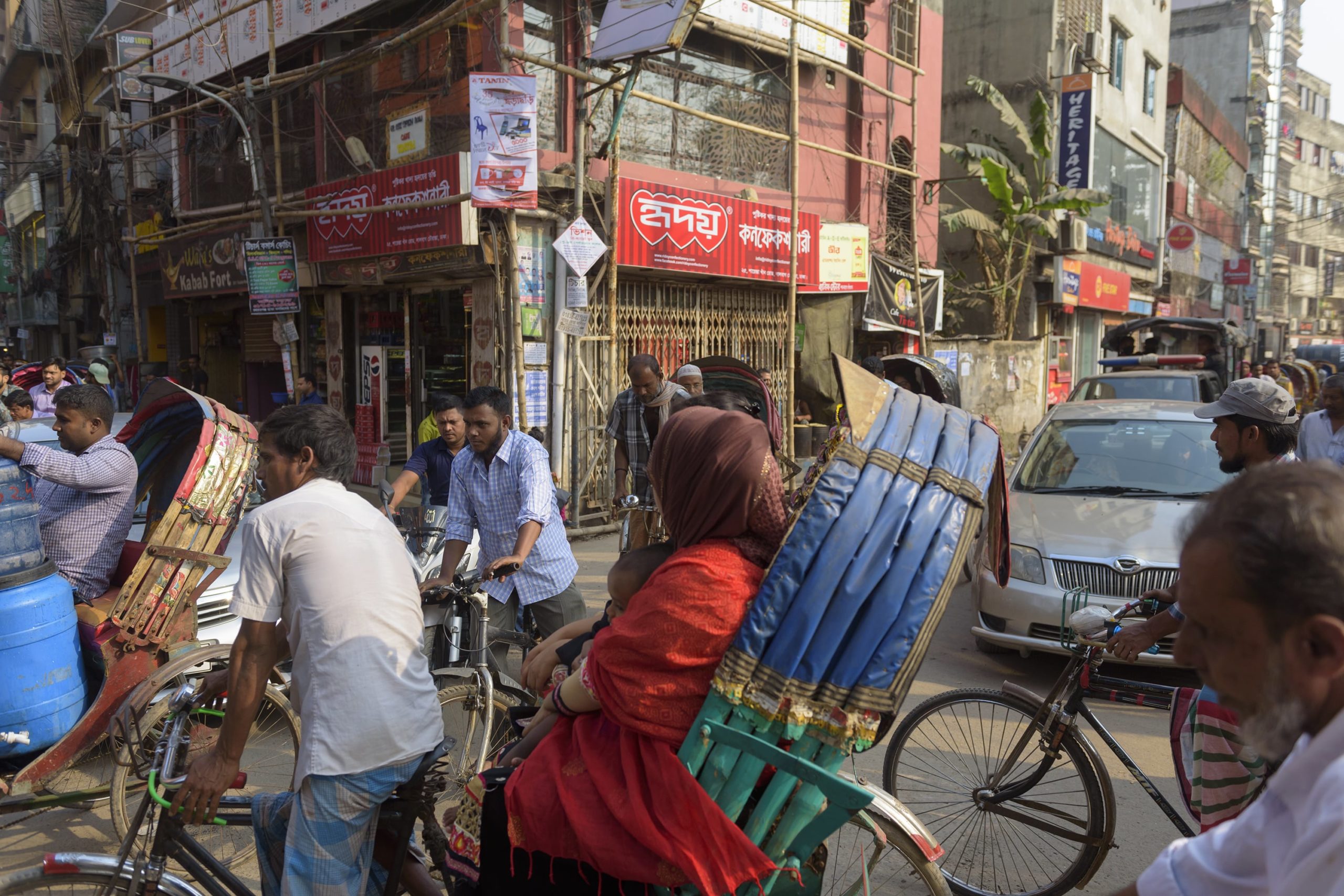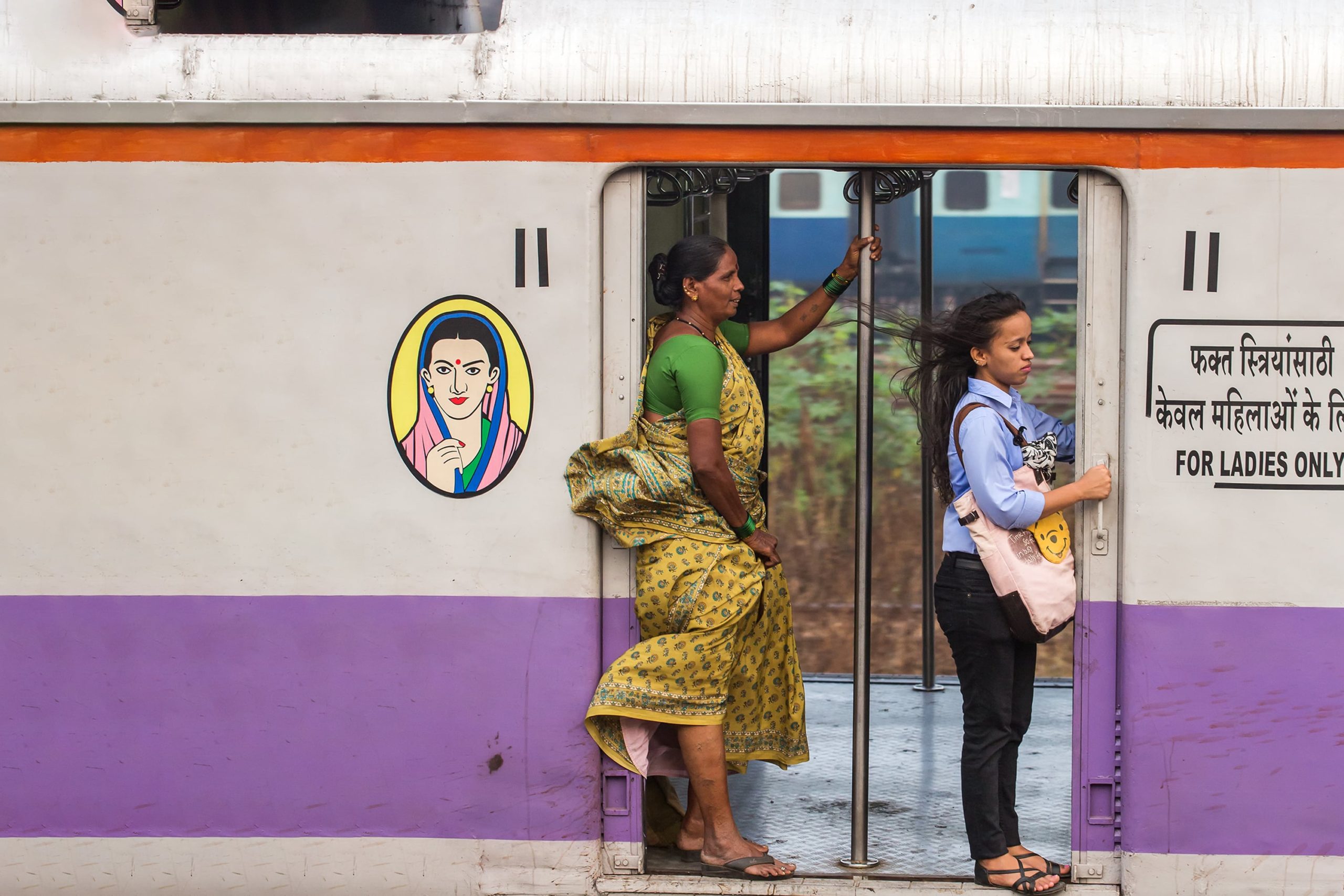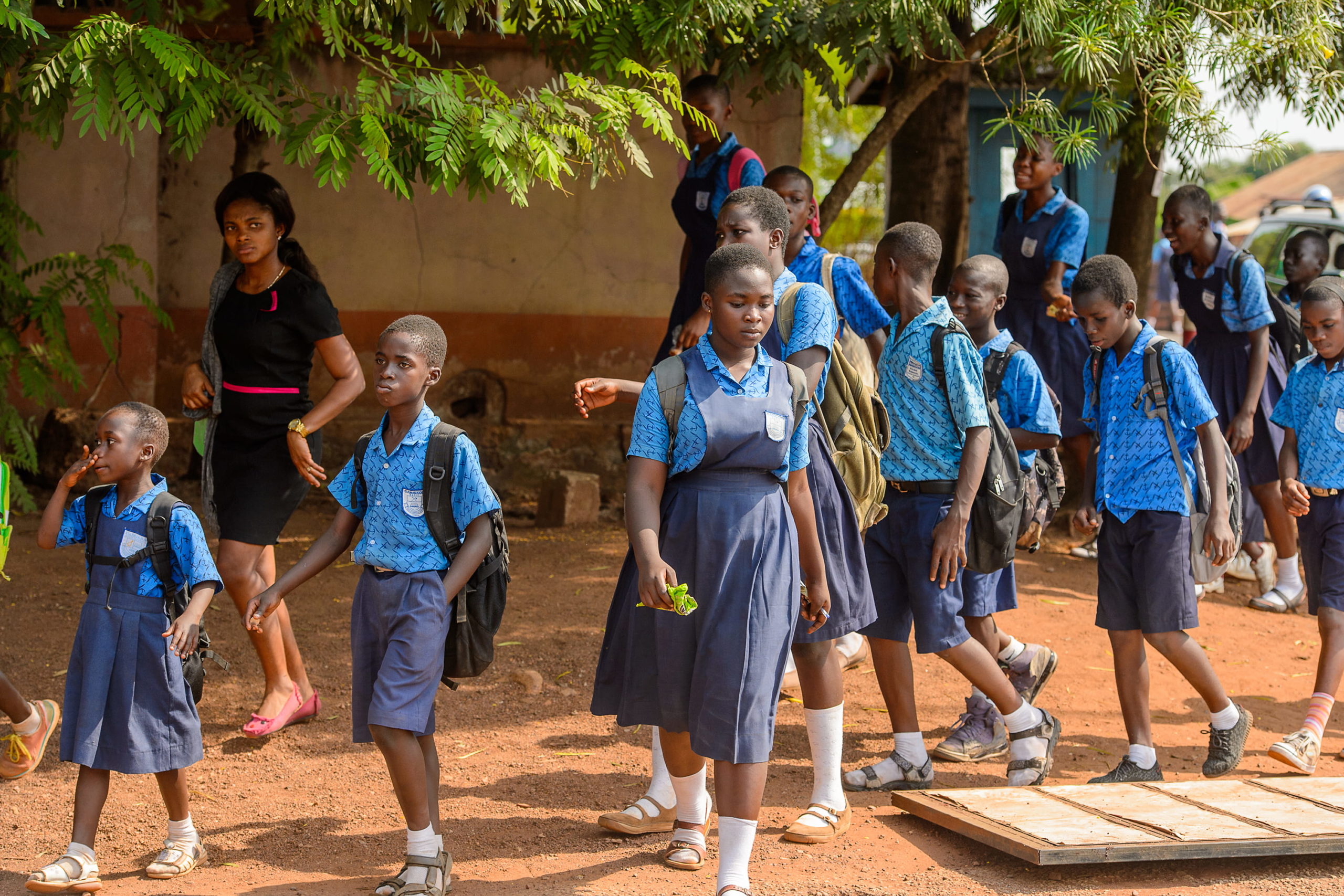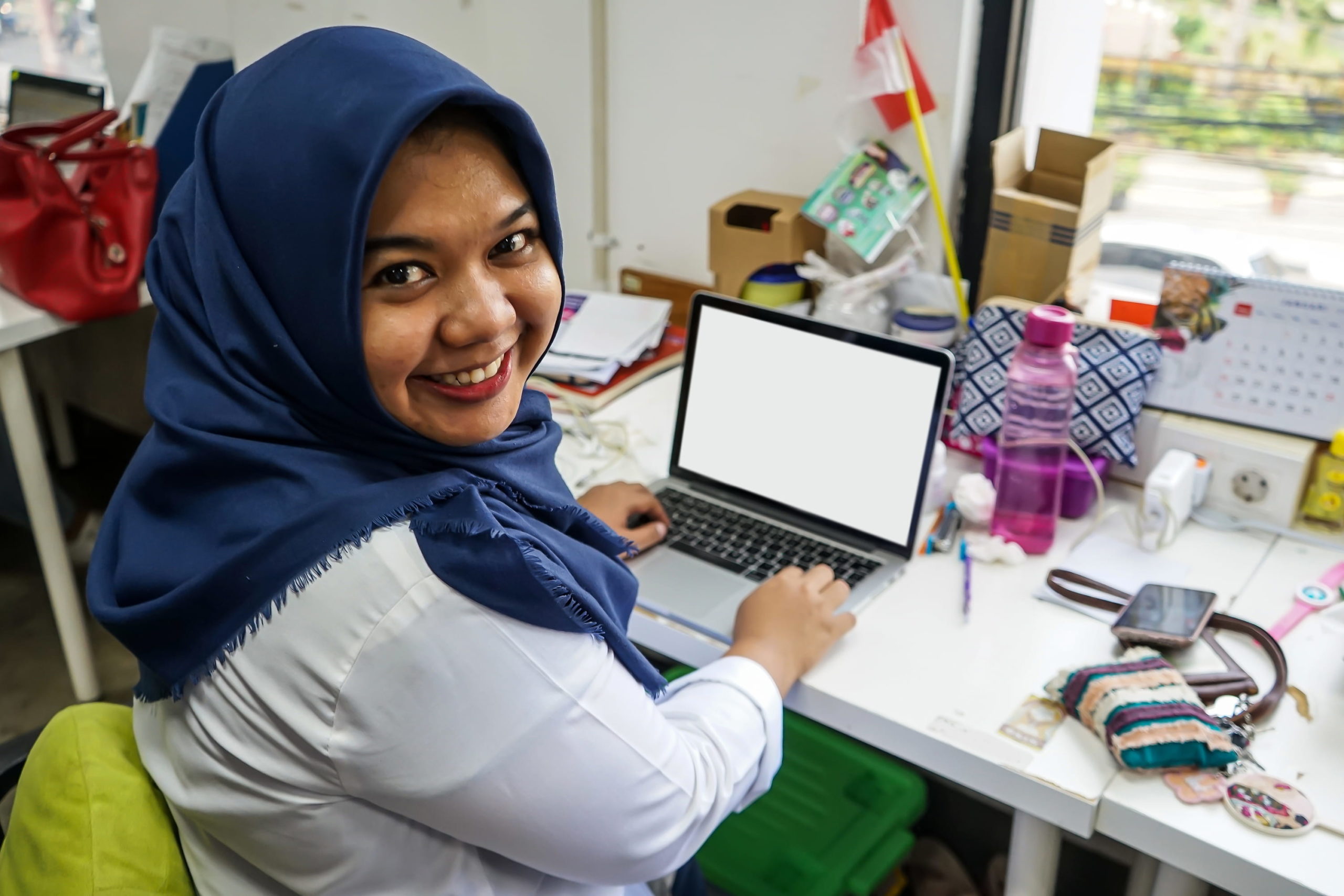Established in 2011, the joint IZA/DFID Growth and Labour Markets in Low Income Countries (GLM|LIC) programme was created to address an important research gap on labour markets and growth in low-income countries. Between 2011 and 2019, the programme made noteworthy contributions to the growing interest in comprehending labour markets in the poorest countries. This was achieved through the production of high-quality research outputs and policy documents, engagement with diverse stakeholders, and evaluation of the impacts of different programs and policies.
In 2019, the programme was extended with a special focus on gender and growth issues in low-income countries, leading to the creation of the “Growth, Gender and Labour Markets in Low-Income Countries” programme (G²LM|LIC). This new initiative aims to foster research that guides future gender and labour market policies, which is particularly crucial for developing economies that need to utilize their production resources more efficiently to unlock growth potential. Access to jobs and entrepreneurial opportunities for women is essential to ensuring they are able to contribute to and benefit from economic growth.
This page gives an overview of the most recent projects and publications with a focus on gender.


